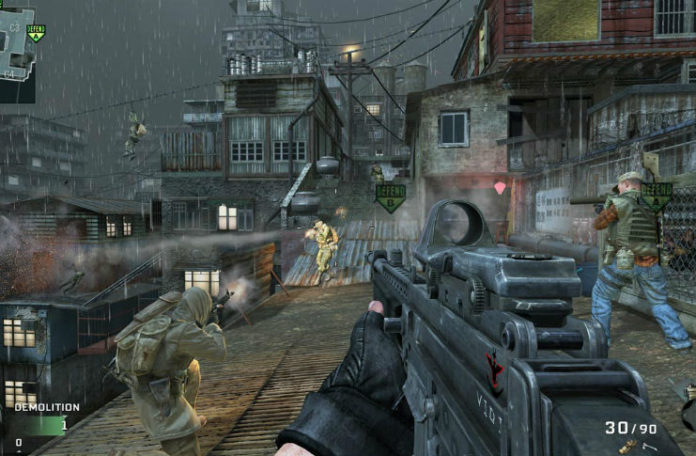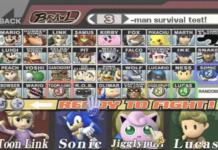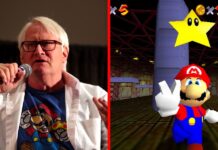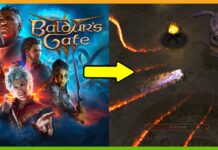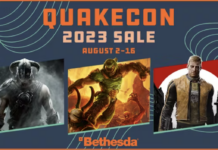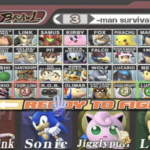In the aftermath of the deadly shootings in Dayton, Ohio and El Paso, Texas, President Trump made passing remarks about the glorification of violence in mediums such as video games “that are now commonplace.” This has reignited the debate about the influence of video games on violent actions, which has been a topic of discussion since the Columbine shootings in 1999.
There have been ample studies determining that the consumption of video games has no link to acts of violence. A 2006 study conducted by Indiana University showed that teenagers who played violent video games showed increased levels of emotional arousal, but a decrease in activity in parts of the brain that deal with planning, controlling, and directing thoughts and behavior.
Rod Breslau, also known as “Slasher,” has been doing the rounds during this time to dispel the misinformation about video games being linked to violence, and tweeted this data in relation to the purchasing and consumption of video games versus the acts of domestic violence committed:
Of course, President Trump’s comments are just a deflection from having any discussion on how to address the gun violence issue in the United States. Unfortunately, this image of violent video games being a gateway into becoming a mass murderer is a prevailing thought among many people; primarily an older demographic, but also those who are disconnected from gaming in general. What skeptics need to learn is that video games don’t lead us to a dark place; in fact, sometimes they help us get out of them.
A Reddit user who goes by MrMortySmith shared his story as a former member of the Special Operations Unit. In 2008, Smith was deployed for the first time and within 24 hours, had experienced his first gun fight. He recalls returning to the compound with his squad afterwards.
“You know what the first thing almost all of us did was? Go to our rooms, pick up an Xbox controller, and have LAN tournaments. This was our stress relief.”
Smith describes how video games were able to help the unit decompress through the absolute hell that was war. It got them through the high stress moments and helped them cope with lost friends. And this isn’t specific to those who grew up on video games; even fellow troops who had never played a video game found solace in the activity. Smith described the first time his platoon sergeant sat down to unwind after a particularly rough outing.
“[He] sat down to play Rainbow Six: Vegas 2 for the first time. Six hours later, he was still glued to the TV clearing rooms of terrorists. For a brief few hours, all the weight was off his shoulders.”
Smith concluded by pointing out that video games didn’t make the soldiers, who are in the most violent of places, any more violent; in fact, it helped decompress them and relieve the unbearable stress of war. To him, it’s madness to imply that these same games could drive normal folk to commit heinous acts; it’s obvious that the cause lies elsewhere.
There are genuine discussions to be had around video games and its role as an addictive qualities. But on the subject of mass murders and acts of violence, it’s time to stop using video games as a scapegoat, and time to start having the difficult, long overdue conversation about gun violence in the United States.
You can read MrMonthySmith’s full post here.


